Let’s start by stating the obvious: Romanian cinema is undergoing rapid and exciting change. With the advent of a new generation of actors and filmmakers, what used to be a small, albeit fruitful artistic backstage is starting to look more and more as a network where styles, ideas and sensibilities productively collide, merge and expand. While it may be hard to pinpoint a single red thread, one can definitely speak of a newly-bred blend of courage, empathy and free-spiritedness, favouring a perhaps unprecedented openness towards experimentation and unconventional approaches. Enter five of the leading voices that promise to fire up screens in the years to come.
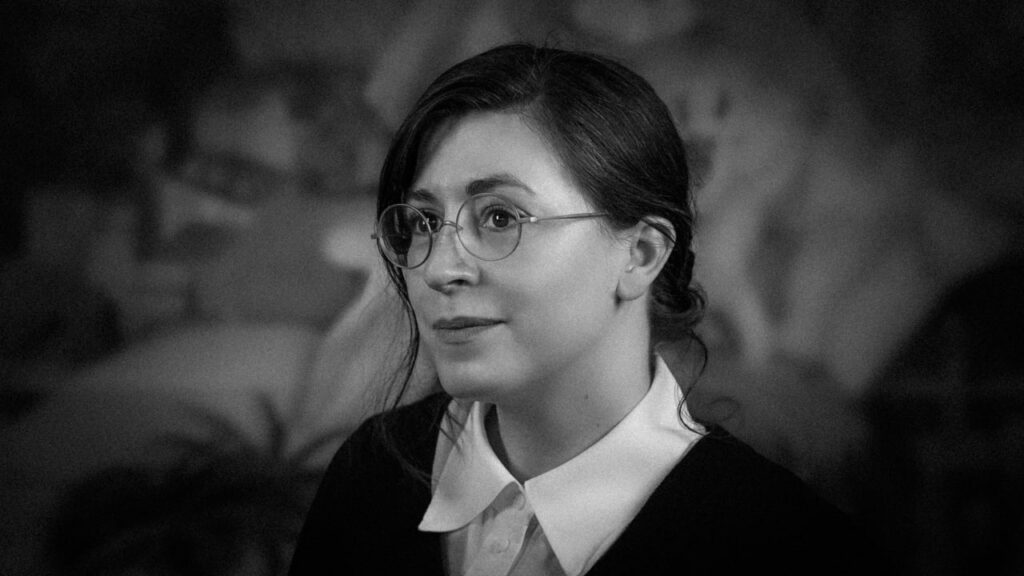
Xandra Popescu
“I am interested in a cinema that doesn’t just mirror, but opens space for other ways of being in the world, for different futures, different pasts, and other tenses”, says Berlin-based filmmaker-curator Xandra Popescu. In the past four years, she has directed four acclaimed shorts that stand out through a unique blend of visual lyricism, conceptual rigor and speculative mischief. One example is the sci‑fi‑tinged Erogenesis (2025), a blissfully dystopian, matriarchal tale of desire and reproduction, which has been awarded this spring at Cannes’ Semaine de la Critique. Another is the self-reflective On the Impossibility of an Homage (2024), a documentary about Romanian ballet legend Ioan Tugearu, which premiered at Locarno and is surely also among the highlights of this year’s TIFF shorts competition. Indeed, Xandra steers clear of Romanian cinema’s more conventionally realist tendencies – hers is a “fiction that distorts, queers and plays”. We can expect to see this vision(aryism) reach its full bloom in the two features she already has in the works: the political fable Alexandra the Brave and the “post-catholic satire in drag” Daughters of the Burning Heart. Need we say much more?
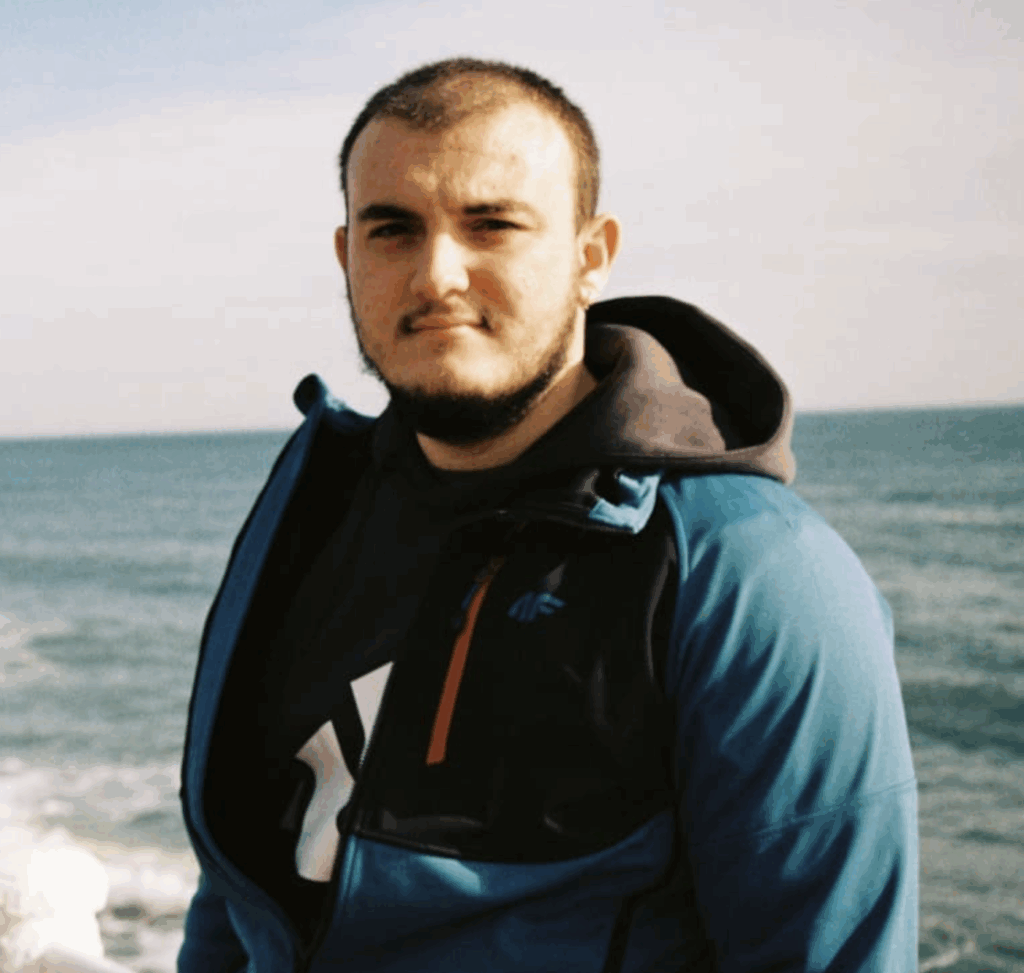
Vlad Popa
A TIFF regular by now, Vlad Popa first made his mark with applauded shorts like Sketches of Still Life (2022) and Alibaba (2023). This year, he returns to the Romanian Days section with a standout double bill: Feather Fox, a farce-drama about an inauguration gone wrong, and Jackpot, a Brechtian-flavoured daydream about two characters fantasizing about an impossibly better life, which he co-directed with collaborator Vasile Todinca (more on him later!). As an emerging filmmaker, Vlad prefers that stories find him rather than forcing originality, and declares himself in favour of a more punk Romanian cinema. He also hints at a somewhat perfectionist approach: “I’m always concerned with my failures – the aspects where my direction fell short, or lacked spice, or took the easy way out”, as he puts it. Now also venturing into features, Vlad recently completed Harakiri with veteran Adrian Sitaru. A participant in TIFF’s market-oriented Closed Screenings, this budget-conscious, omnibus-style talk-show (meta)drama was a “liberating experience” and an exercise in “film grammar” for its young director. It also promises to be an exciting film event for us, one might add.
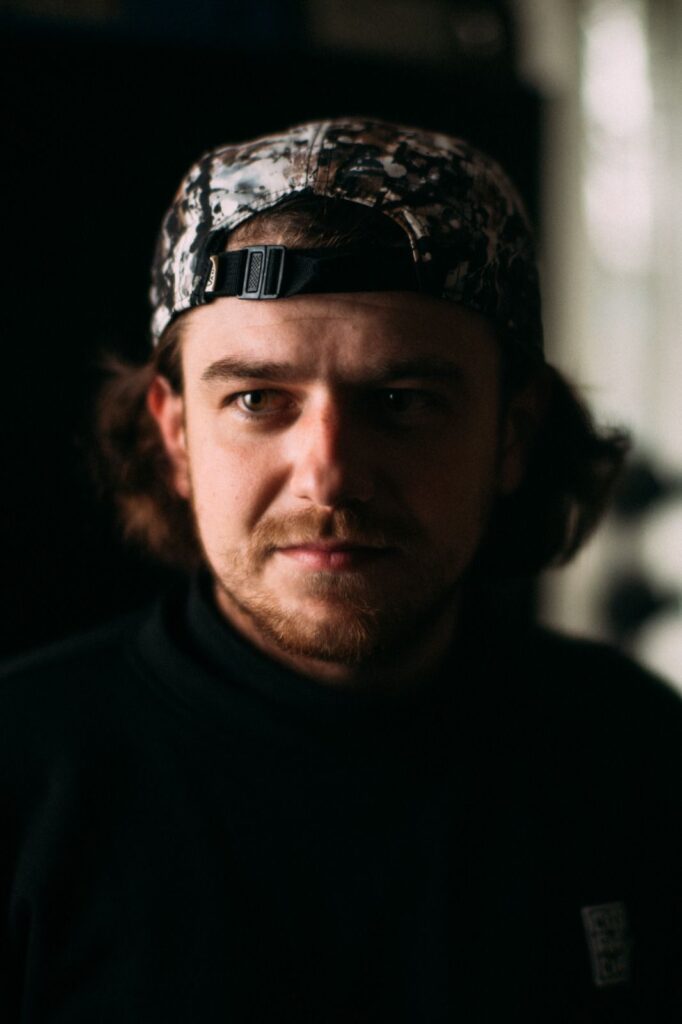
Vasile Todinca
“I don’t have a style, only influences,” boldly states emerging director Vasile Todinca (b. 1995). Drawing inspiration from “life, literature, painting, memes, reels, and insta stories”, his films examine the individual’s complex relationship with various forms of power – political, economic, and human. A student of Radu Jude, he first gained recognition in 2018 with his graduation short Try Again, which won Best Script at OKaua Festival. His subsequent short Alișveriș (2025), a formally irreverent yet profoundly humanistic tale of survival and (in)dignity, competed at this year’s Cannes in the Semaine de la Critique and is also featured in TIFF’s Romanian Days section (alongside the aforementioned Jackpot). Like his peer Vlad Popa, Vasile too believes that the local film industry remains too close to the beaten track and would benefit from more gonzo, non-academic approaches, citing heavyweights like Béla Tarr, Hong Sang-soo, and Albert Serra as prime examples. “For my next projects, I’m interested in failure, and the henchman-worker dynamic”, he then shares, teasing a feature script and upcoming short I strongly advise that you keep an eye on.
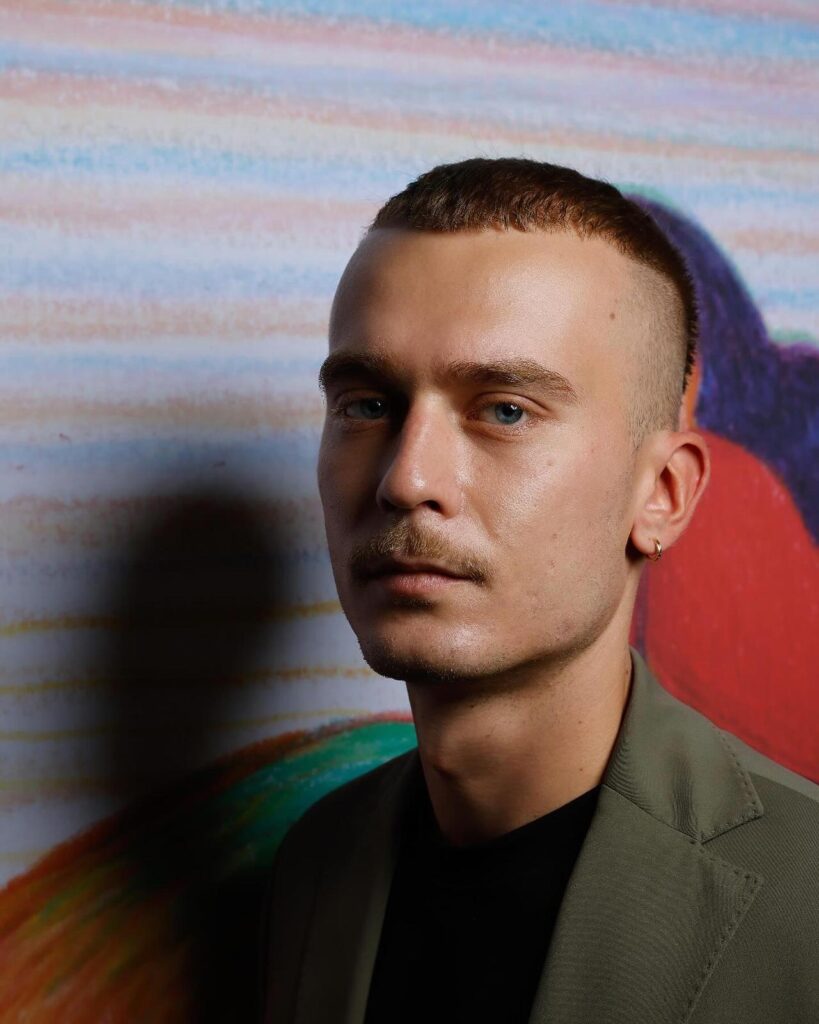
Vlad Ionuț Popescu
At just 26, Romanian actor Vlad Ionuț Popescu is already a seasoned stage presence, having collaborated with acclaimed directors such as Radu Afrim and Andrei Măjeri. In recent years, he’s also made an ambitious leap to the screen – something he describes as a long-held dream. 2024 marked a major breakthrough, with standout performances in the social drama Three Kilometres to the End of the World (Queer Palm, Cannes) and the period piece The New Year That Never Came (Best Film, Venice Orizzonti). It’s in the latter that Vlad shines at TIFF too, playing a strong-willed, rebellious youth plotting a dramatic escape from communist Romania. “At first I was happy, then I got scared, then I calmed down”, he says of the whirlwind experience, crediting director Bogdan Mureșanu as an essential guide throughout the process. When it comes to the roles he seeks, Vlad is drawn to characters that allow him “to juggle vulnerability in all its forms”. A key influence he hopes to channel into Romanian cinema? Philip Seymour Hoffman. Dream collaborators? Corneliu Porumboiu and Radu Jude. Now shooting? Marius Olteanu’s We Won’t Get Old Together, starring Vlad in what he calls the definition of an “ideal role.” Godspeed.
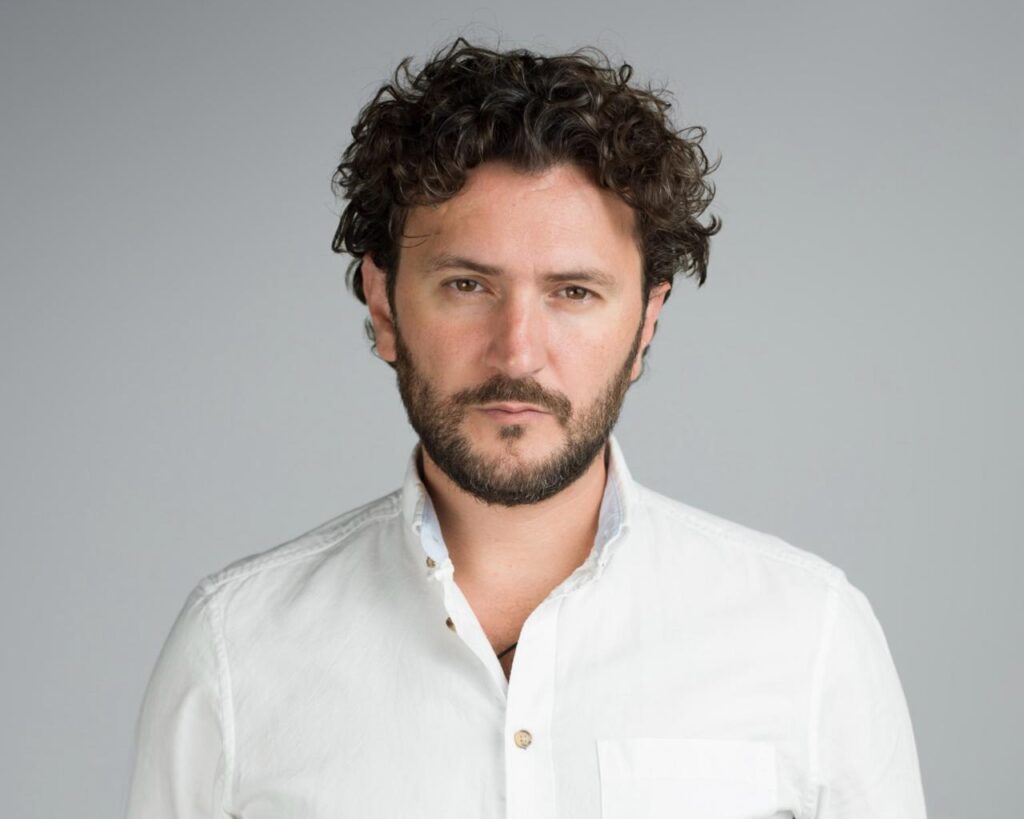
Doru Bem
A seasoned force on the Romanian stage, Doru Bem has built a formidable reputation in both classical and contemporary theatre, working under the direction of Bobi Pricop, Alexandru Dabija, and Sânziana Stoican, among others. Even so, his transition to film was nothing short of revelatory in the local landscape. In Andrei Cohn’s Holy Week – perhaps the most critically praised Romanian film of 2024 – he delivers a haunting performance as Leiba, a tormented innkeeper at the turn of history. Reflecting on the role, which earned him the “Heart of Sarajevo” for Best Actor and a Gopo nomination, he describes it as “an encounter with a very good text and a meaty, heavy, challenging character,” one that “made him fall in love with cinema.” For Doru, the best acting comes through roles that “catch him off-guard” and bring out a certain “visceral electricity.” As for the characters, he prefers those “with cracks, dark corners, paradoxes, anguish and, why not, groins on the table.” While at TIFF, make sure to catch him in Andrei Tache Codreanu’s Milk and Cookies, screening in the shorts competition fresh off a La Cinef Cannes debut. Clearly, though, in terms of Doru’s relationship with the big screen, this is just the beginning.
